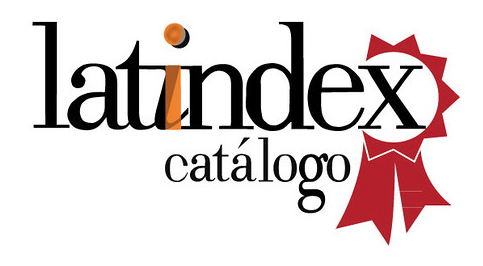Neoliberty & co. The Architectural Review against 1950s Italian historicism
Texto completo:
PDFResumen
Abstract
Building upon the Neoliberty polemics (second half of the 1950s), this article offers a revision of the debate on the historicity of architecture that opposed distinguished Italian and British intellectual circles. While the Italian contribution has been extensively analyzed, the existing literature has not dwelt on the reasons why the British refused any operative recovery of history; a gap this article intends to fi ll. From a methodological point of view, given the media nature of the debate, our analysis has been mainly textual, and has focused on the two journals that channelled the exchanges: the Milanese Casabella and the London based Architectural Review. The article is equally of interest as it explores an early episode which already announced two of the paths the architecture of the following decades would follow: postmodern historicism and high-tech.
The reasons for the misunderstanding were of diverse nature. First, the different urban cultures present in one country and the other would explain the diverging esteem for the paradoxically Cosmopolitan provincialism of Milan and Turin, admirer of XIXth century bourgeois urbanity. Moreover, Reyner Banham from the English magazine was determined to promote contemporary architecture that would follow the postulates of his beloved Futurism: rejection of tradition and technological assimilation. However, a calm reading of his writings reveals that his antihistoricist stance was not as extreme as is usually believed.
The role played by J. M. Richards, editor of Architectural Review, is more problematic. Though he shared many concerns with his Italian counterparts, he did not appease the virulence of the campaign his journal headed. Finally, Nikolaus Pevsner's historiographical project differed from the one the Italians fostered, regarding interpretative keys and methods. The Italian research followed the steps of Benedetto Croce, a position hardly attuned to the Anglo-German historian's rigorism.
Palabras clave
Enlaces refback
- No hay ningún enlace refback.
Copyright (c) 2016 Autor / BY-NC-ND









